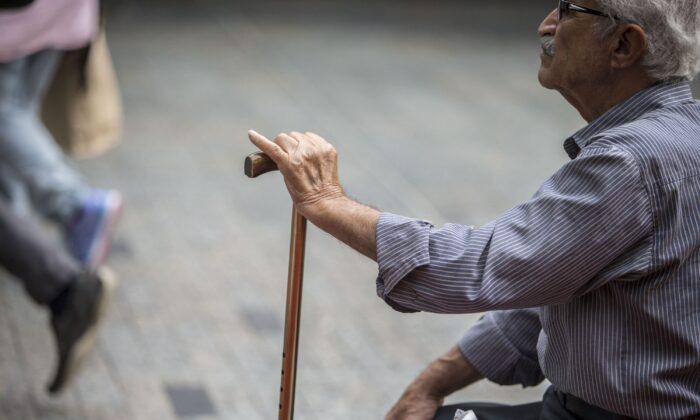In an extraordinary confession, Olympic legend Cathy Freeman feels she never completely fulfilled her potential as an athlete.
Reflecting on her remarkable career as the Paris Games approach, Freeman says she could have run even faster in her career-defining 400-metres final at the 2000 Sydney Olympics.
Freeman’s gold medal run, under intense pressure as the heavy home favourite and the face of the Sydney Games, remains etched in Australian sports folklore.
But the now-51-year-old is adamant she would have taken the showpiece final to a whole new level if French superstar Marie-Jose Perec had made it to the start line for the Australian’s date with destiny.
“I'd become used to expectation being put on me,” Freeman said on June 7 of her iconic performance.
“I almost needed it, because it kind of helps drive you and push you beyond what you think you’re capable of doing.
“Having said that, I don’t even think I really fulfilled my potential as an athlete, but that’s another story ... learning to unburden yourself is really important, and finding freedom in life is key.”
Asked to clarify her startling claim, Freeman was straight to the point as she addressed guests at a business luncheon hosted by NBL club Melbourne United.
“I didn’t run as fast as I could have. I disappointed myself,” she said.
Freeman won Olympic gold in 49.11 seconds, well short of her personal-best mark of 48.63 set when claiming silver behind Perec at the Atlanta Games in 1996.
A quarter of a century on, Freeman has a sense—and tinge of regret—there was more left in the tank at her home Olympics.
“That’s why I was so disappointed that Marie-Jose Perec wasn’t in the race,” she said.
“In her peak ... we would’ve taken women’s 400-metres running to the next level.”
Perec, the Olympic 400-metres champion in 1992 and 1996, famously fled Australia before her showdown with Freeman.
“I remember being on the warm-up track and hearing that she wasn’t going to be in Sydney and up at the start line,” Freeman said.
“I reckon it was probably a split second where my heart dropped, because competitors love competing.
“When she wasn’t there, it was a bit of a blow. But what am I going to do? I’m not going to go chase her.
“I ended up just accepting (it) and it’s not as though you don’t have an emotional attachment to it—I just had to move on really quickly.
“I had my stuff and I had to get on with things.”







